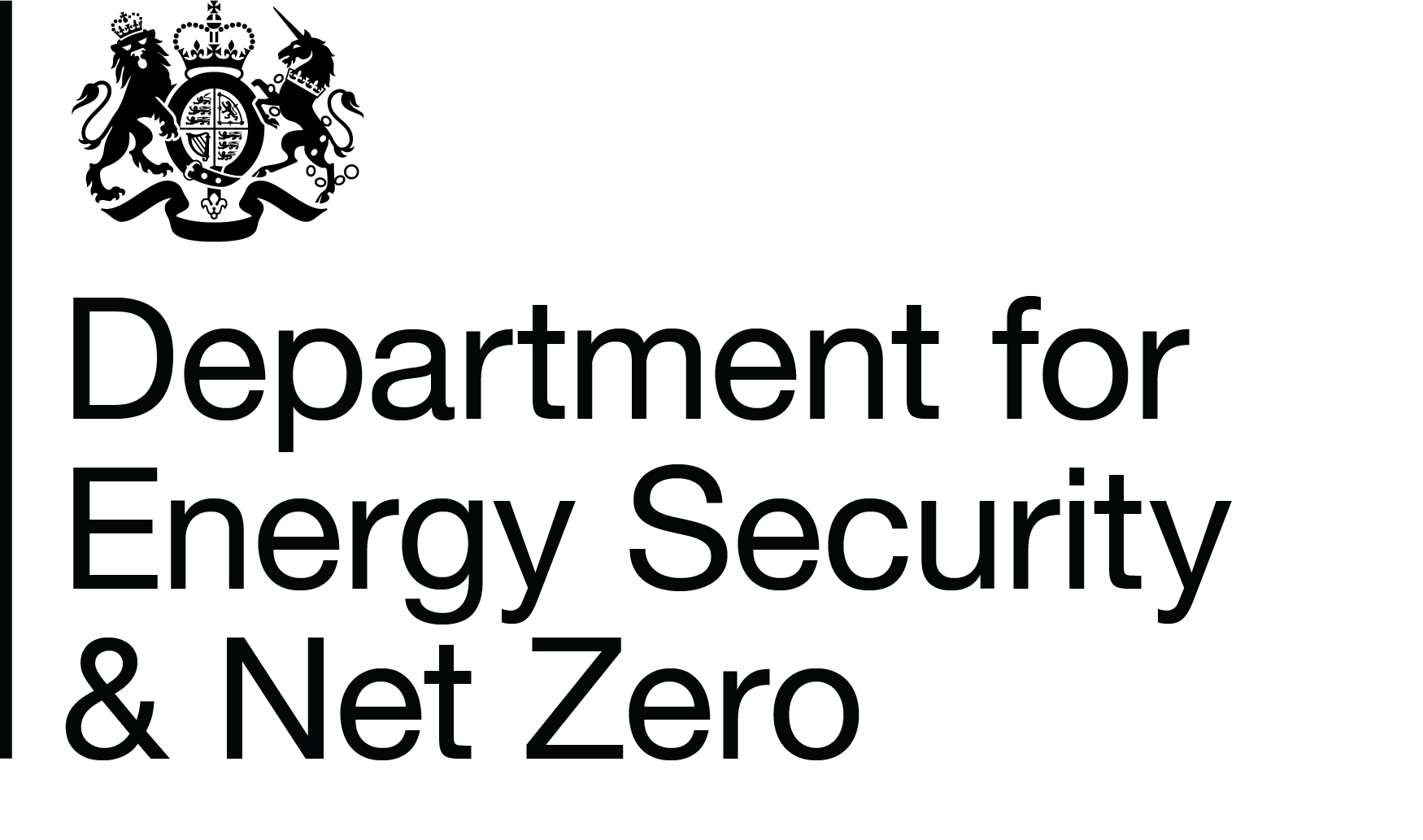Feed-in Tariffs Scheme - Consultation on Comprehensive Review Phase 2B: Tariffs for non-PV technologies and scheme administration issues
Overview
This consultation was carried out by the Department of Energy and Climate Change. In July 2016, the department merged with the Department for Business and Innovation and Skills to form the Department for Business, Energy and Industrial Strategy.
This consultation (2B) invites comments on the Government’s proposals on tariffs for anaerobic digestion, hydro, wind and microCHP, and looks at various scheme administration issues.
The proposed tariffs reflect the Government's conclusions on the costs and characteristics of each technology, taking into account the need for fiscal restraint and cost-effectiveness. The cost control mechanism proposed for non-PV technologies is consistent with that proposed for solar PV in the parallel consultation, but is designed to take into account the differences between technologies in terms of take-up and timescales.
We are in part seeking general confirmation of the features of the FITs scheme as it currently operates. However, a number of issues have arisen in the administration of the scheme for which we propose to consult on changes. These are:
- to allow for preliminary accreditation of installations so that investors can be sure of how they will be treated in terms of factors that potentially affect which tariff band they are allocated to e.g. definition of site, multi-installations, “community-owned” status etc in advance of the commitment of major funds;
- whether preliminary accreditation should also fix the level of tariff at the point of accreditation;
- how to define “community” and how this definition will be used to help community projects;
- clarification of the definition of “site” to address issues raised by hydro installations, and installations on private wires networks such as mobile home parks;
- clarification of the criteria to be used to determine the accreditation process as “equivalent to the Microgeneration Certification Scheme (MCS)” to ensure that new entrants to the market are not disadvantaged;
- resolution of the issues around a replacement for MCS accreditation for micro-hydro installations.
We are also looking at the oversight and accountability elements of the FITs scheme as it currently operates, involving the role of DECC, Ofgem, MCS, electricity companies, generators and installers. This framework has been subject to internal scrutiny and review over the operation of the scheme and no serious fraud risks have been identified.
However, a number of specific proposals have been made by those with a role within the operation of the FITs scheme and we propose to consult on these in addition to the general features. These are:
- ability to set conditions of accreditation on installations;
- clarification of the statements of FITs terms;
- strengthening the powers and potential sanctions available to Ofgem, including ensuring that installations operating without proper authorisation can have FITs withdrawn; and
- the provision of information on cost and generation output in order to assist the management and monitoring of the scheme.
Finally, we are consulting on minor amendments regarding relationships between the key organisations involved in administration and enforcement of the scheme i.e. Ofgem, the MCS, and licensees, specifically:
- thresholds for the split between mandatory and voluntary licensees;
- need to protect the levelisation pot in the case of licensee failure;
- need for a licensee of last resort provision;
- the frequency of levelisation of FITs costs among the licensees.
This consultation should be considered alongside the consultation on Phase 2A of the Comprehensive Review, which covers Solar PV cost control.
Audiences
- Charities and Third Sector organisations
- Coal
- Construction
- Disability groups
- Finance
- General public
- Installer
- Investment
- Landlord
- Manufacturing
- Non-Government Organisations
- Nuclear
- Older people
- Property
- Retail
- The Devolved Administrations
- Universities
- Wave and tidal
- Wind
- Younger people
Interests
- Renewable energy

Share
Share on Twitter Share on Facebook